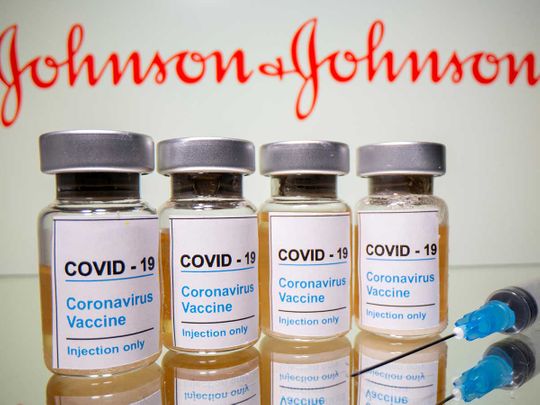
Washington: After weeks of review of a troubled Baltimore factory, federal regulators have decided that about 60 million doses of the Johnson & Johnson coronavirus vaccine produced there must be discarded because of possible contamination, according to people familiar with the situation.
The Food and Drug Administration plans to allow about 10 million doses to be distributed in the United States or sent to other countries, but with a warning that regulators cannot guarantee that Emergent BioSolutions, the company that operates the plant, followed good manufacturing practices. The agency has not yet decided whether Emergent can reopen the factory, which has been closed for two months because of regulatory concerns, the people said.
For weeks the FDA has been trying to figure out what to do about at least 170 million doses of vaccine that were left in limbo after the discovery of a major production mishap involving two vaccines manufactured at the site.
More than 100 million doses of the Johnson & Johnson vaccine and at least 70 million doses of the AstraZeneca vaccine were put on hold after Emergent discovered in March that its workers had contaminated a batch of Johnson & Johnson’s vaccine with a key ingredient used to produce AstraZeneca’s.
Game changer
Johnson & Johnson’s vaccine was once considered a potential game-changer in the nation’s vaccine stock because it required only one shot and was particularly useful in vulnerable communities. But the federal government now has an ample supply of the vaccines from Pfizer-BioNTech and Moderna, the two other federally authorised vaccine developers, and no longer needs Johnson & Johnson’s supply.
Still, the loss of 60 million Johnson & Johnson doses puts a dent in the Biden administration’s plan to distribute vaccines to other countries that are still in the grip of the pandemic.
The FDA’s action is disappointing news for Emergent and Johnson & Johnson, which hired the firm as a subcontractor. Inspectors are still reviewing the plant and are not expected to decide whether the company can reopen it until later this month, according to people familiar with the situation. Regulators are also continuing to cast doubt on whether the company, which has been paid hundreds of millions of dollars by the federal government to manufacture coronavirus vaccines, adhered to manufacturing standards.
A Johnson & Johnson spokesperson declined to comment.







